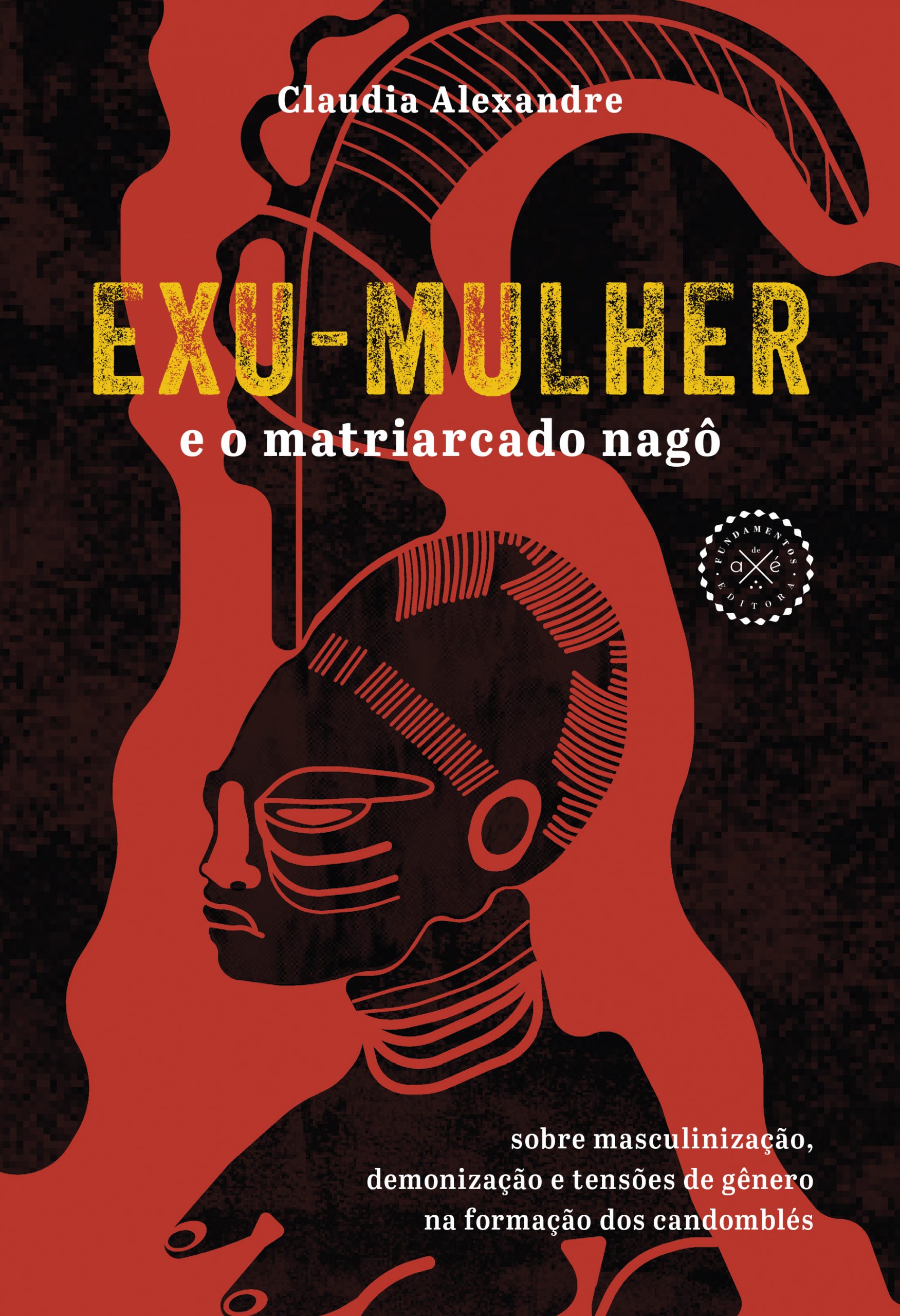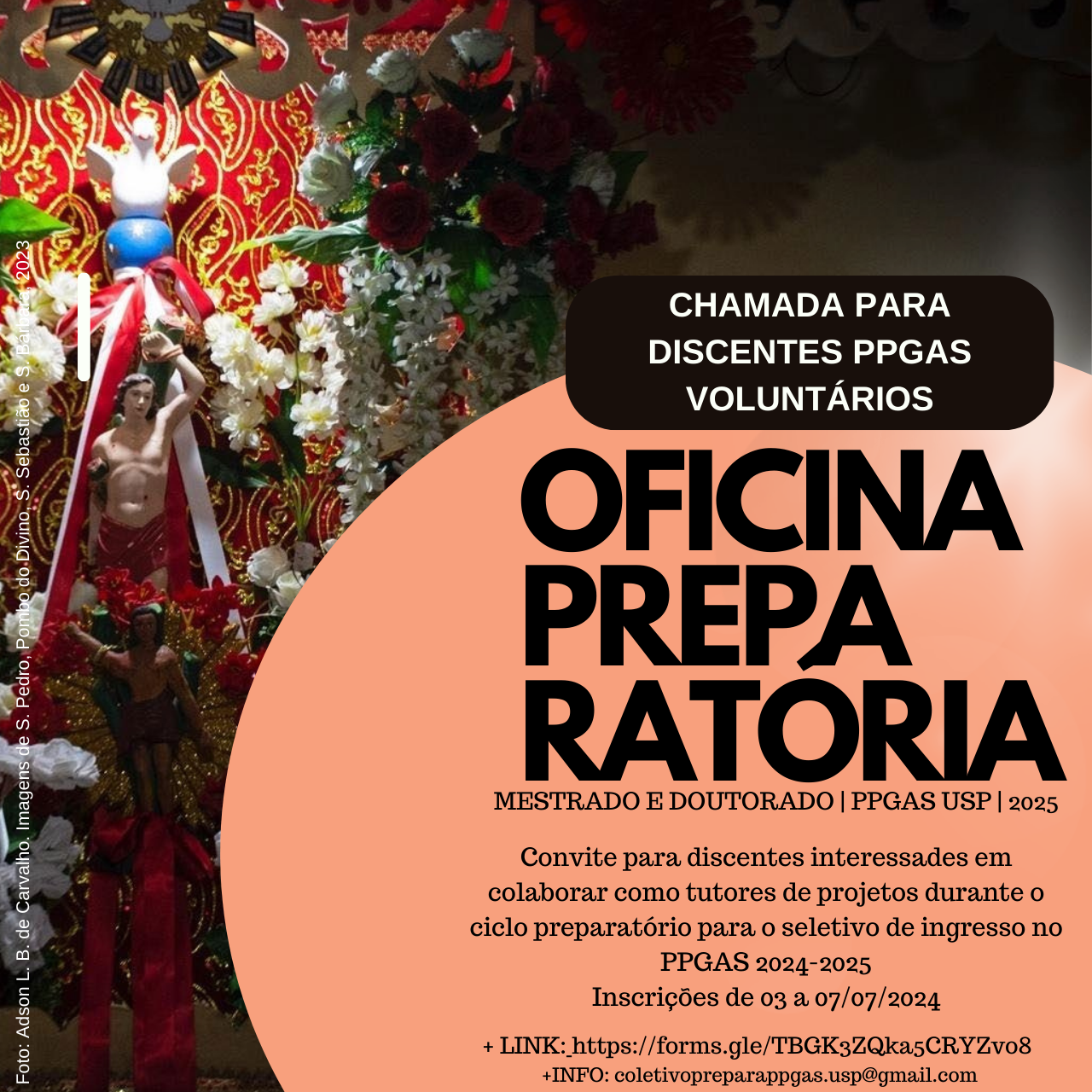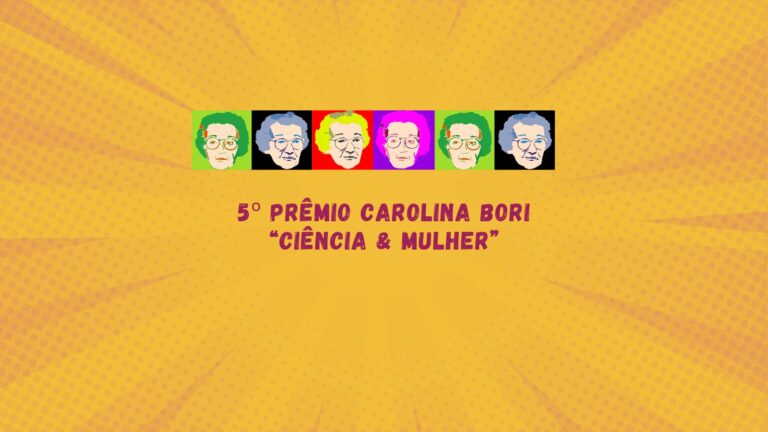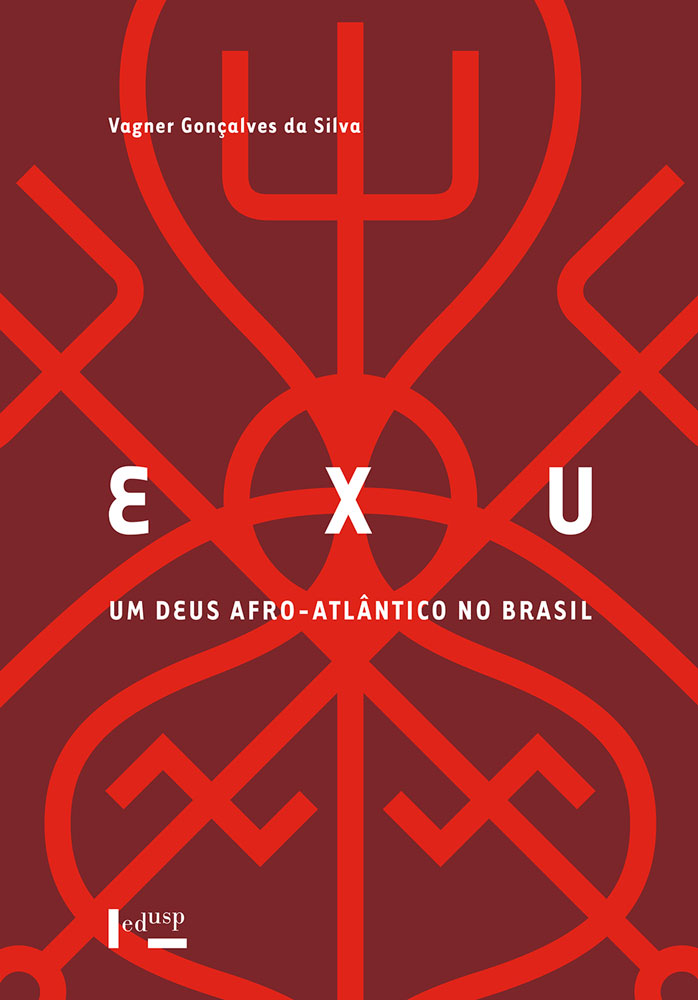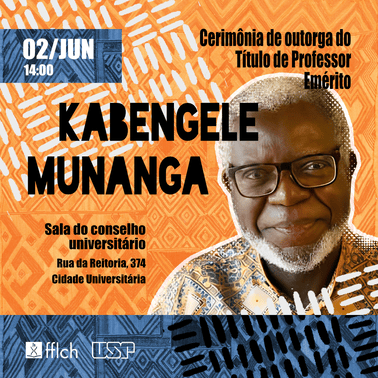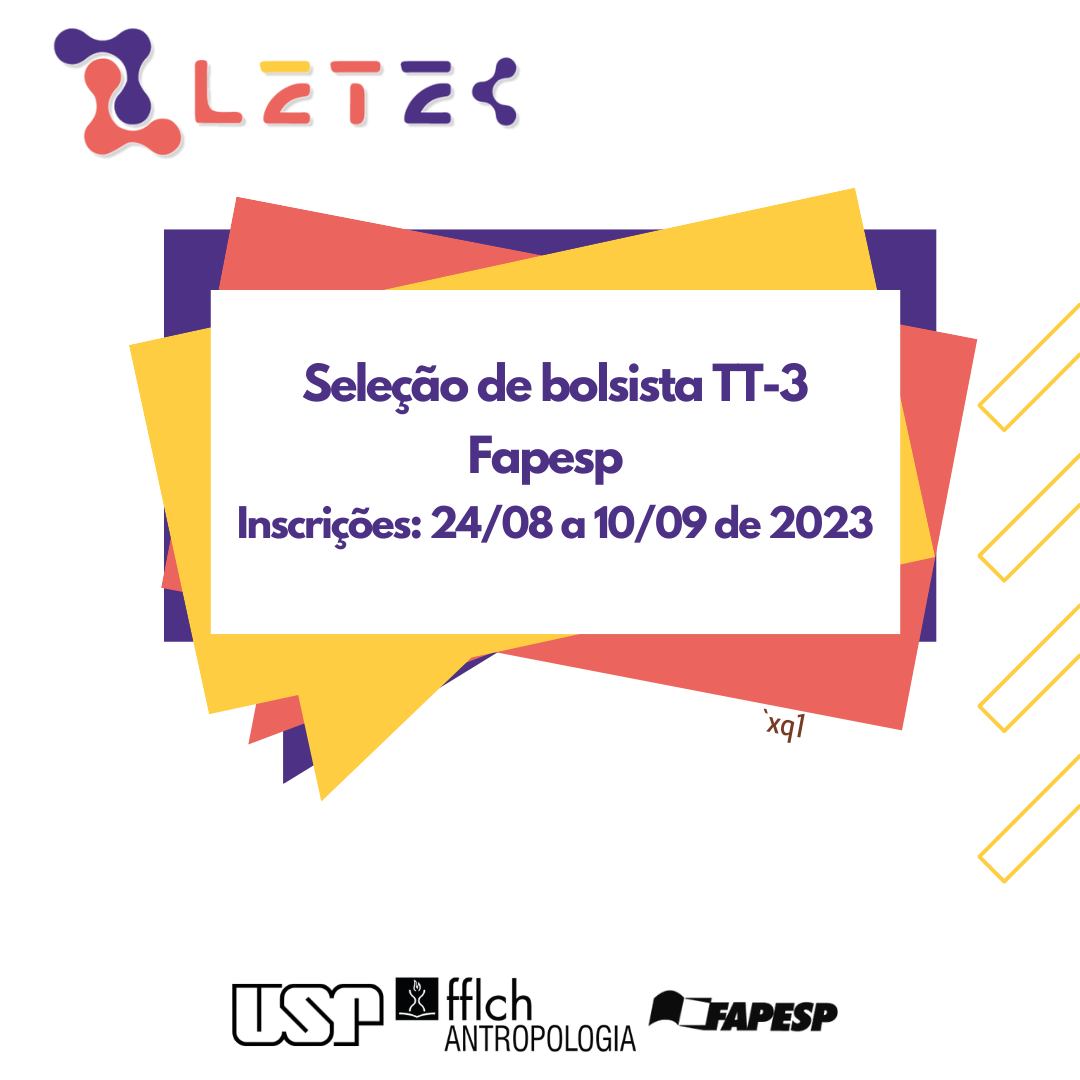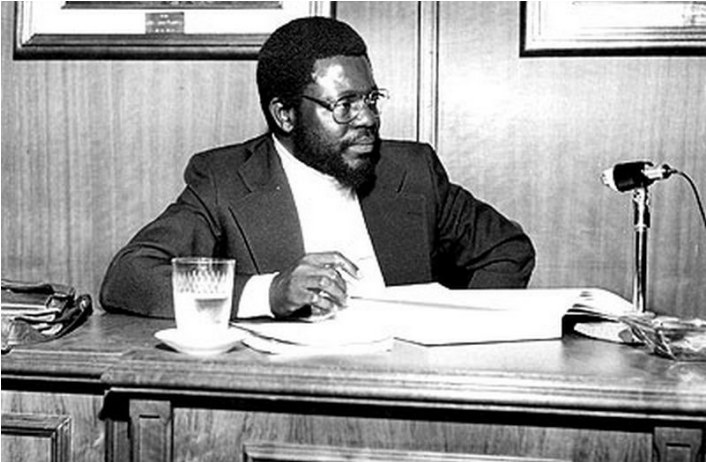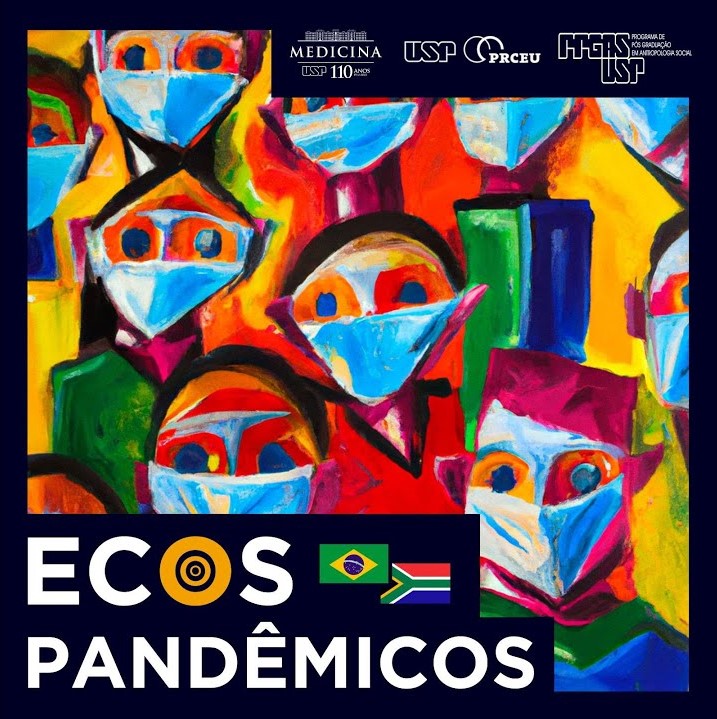News
Registration is open for PPGAS students/graduates to participate as a volunteer in the Prepara PPGAS extension course: Workshops for Entrance Selection in 2024/25.
The workshop is aimed at people applying for the program's selection process and the activities will include tutorials on research projects in a virtual format.
Registration: 3 to 7 July 2024.
Link:https://forms.gle/3sFw2L26DPQqvyAR7
Project presentation meeting: 10/7/2024 at 7pm.
This is also an initiative of CoPAF – Permanent Affirmative Action Commission of PPGAS-USP.
Participate!
If you have any questions, send an email to colectivopreparappgas.usp@gmail.com
This is the fifth edition of the award that highlights women scientists dedicated to national researchers who have made relevant contributions to science and scientific management, in addition to having carried out actions in favor of national science and technology.
https://confap.org.br/news/
The USP Open Books Portal published the e-book " Black cinema: From Africa to the diaspora – the anti-racist thought of Kabengele Munanga", by Celso Luiz Prudente, Rogério de Almeida (Organizer).
To access the other titles: USP Open Books Portal.
Transmission of the Ceremony of Granting the Title of Professor Emeritus to Kabengele Munanga by the Faculty of Philosophy, Letters and Human Sciences (FFLCH) of USP.
Retired anthropologist and professor, Kabengele Munanga was born in the Democratic Republic of Congo at the beginning of the Second World War. With an extensive CV, he produced fundamental contributions in the field of Anthropology and African Studies throughout his life.
The Ethnographic Laboratory of Technological and Digital Studies (LETEC), linked to the Department of Anthropology at USP, makes public the selection of 1 scholarship holder – Technical Training 3 (TT-3) for the project “Digital inequality and ethnography: Internet , its uses, agencies and possibilities in favelas in Rio de Janeiro”.
The scholarship available is for graduates in Social Sciences, Anthropology or Sociology, with a duration of 12 months and dedication of 20 hours a week.
1 - From the selection schedule:
- Registration: August 24 to September 10, 2023;
- Interviews: September 12 and 13, 2023 (interviews will take place remotely and will be informed by email);
- Result: September 15, 2023.
2 - Documentation for registration:
- Motivation letter (maximum 2 pages), graduation transcript and lattes curriculum:
- The documentation must be sent to the e-mail: labletecusp@gmail.com… leia mais
Katherine Dunham" [author], written by Vanessa Cândida Lourenço, https:// ea.fflch.
"Religious Ecstasy: An Anthropological Study of Spirit Possession and Shamanism" [work] by Ioan Myrddin Lewis, written by Lucas Ramos da Cunha, https://ea.fflch.usp.
"Hutukara Associação Yanomami" [institution], written by Corrado Dalmonego, … leia mais
On May 5, 2023, the World Health Organization (WHO) decreed the end of the Covid-19 Public Health Emergency of International Concern, a little over three years after the same entity announced its beginning. . This epidemiological and political action does not represent the end of the pandemic, but rather that the time has come for countries to make the transition from the emergency mode to the management of diseases along with others of an infectious nature. Upon hearing the news, many people were certainly moved. This reaction is not necessarily related to any change in daily life itself, since we have been resuming our lives for months – thanks to vaccination, it is necessary to emphasize –, but because the Covid-19 pandemic and the way it was conducted, profoundly changed our lives , relationships and subjectivities. Thus, if the Public Health Emergency is over, the effects of the crisis continue in our memories, bodies, in everyday mourning and in collective life.
The… leia mais
Call for applications for postdoctoral fellowships in the context of the Project "Semantics of creation and memory " FAPESP Process 2020/07886-8 - 03 April - 02 June 2023 Applications are invited for three postdoctoral fellowships in the field of Social Anthropology/AnthropologicalTheory, associated to FAPESP Thematic Project 2020/07886-8 "Semantics of creation and memory", that include research conducted in the most diverse ethnographic fields in Brazil, but not exclusively, from 03 April to 02 June 2023. One fellowship supervised by Professor Fernanda Arêas Peixoto and one fellowship supervised by Professor Ana Claudia Duarte Rocha Marques will be based at the Department of Anthropology at USP; one fellowship supervised by Professor Jorge Luiz Mattar Villela will be based at the Department of Anthropology at UFSCAR.


